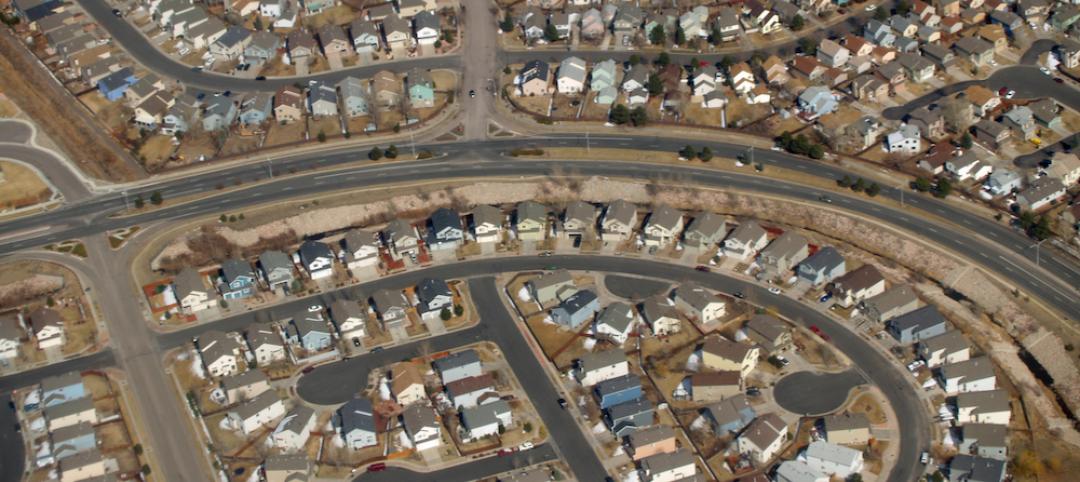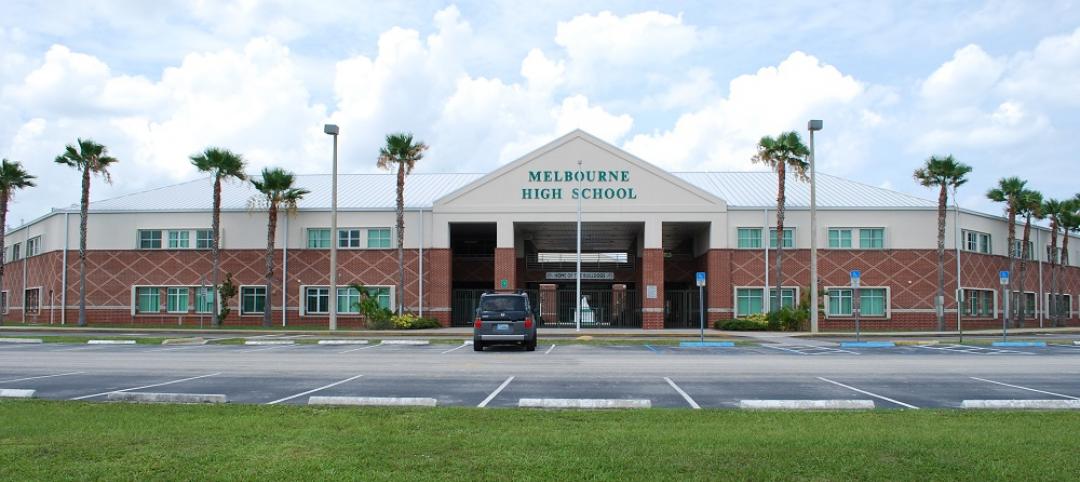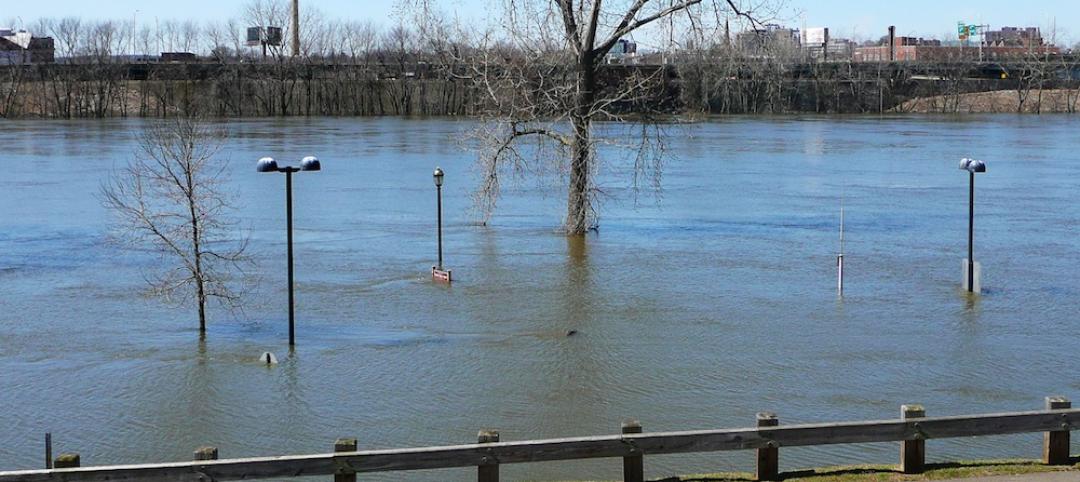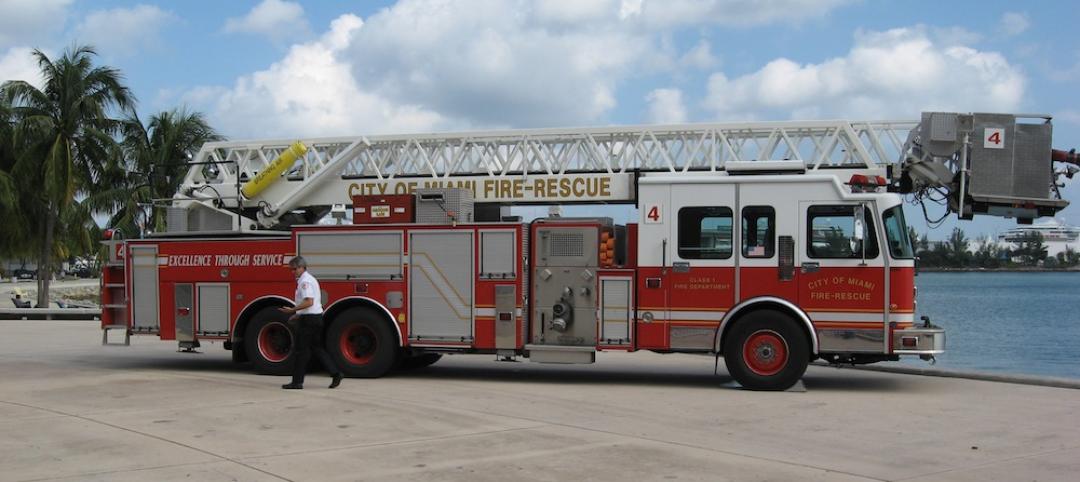The Washington D.C. Council recently passed legislation that will make it more expensive for owners to hold vacant or blighted property.
The Vacant Property Enforcement Act of 2016 reduces the maximum amount of time a vacant property can qualify for an exemption from higher vacancy tax rates. It also closes a loophole that allows continuous renewal of construction permits to qualify for tax exemptions, and require owners of vacant properties to prove they are no longer subject to the higher tax rates.
"The District has a substantial number of vacant properties, many of which are poorly maintained,” the bill report says. "Property owners may keep their properties vacant or fail to maintain them because they expect property values to rise over time. Poorly maintained and vacant properties can damage surrounding communities by being eyesores, by serving a venue for drug use and by providing a home for rodents or other animals. The net effect is to reduce the feeling of a cohesive community and depress surrounding property values."
The legislation reduces the time an owner can claim an exemption from higher taxes because of construction to one year for residential properties and to two years for commercial properties. Fines for failing to comply with city property regulations will rise from $1,000 to $5,000.
Related Stories
Codes and Standards | May 9, 2016
EcoDistricts unveils sustainable neighborhood framework
Focus is on equity, resilience, and climate protection.
School Construction | May 3, 2016
Florida clamps down on school construction spending
Critics fear rules will hamper ability to build schools with desired features.
Resiliency | May 2, 2016
Connecticut to develop new code standards for resiliency
Expected more frequent severe weather events due to climate change prompts review.
Contractors | Apr 29, 2016
OSHA issues advisory to protect workers from Zika virus
Construction industry workers considered at high risk.
Codes and Standards | Apr 28, 2016
New research finds 30 measures to significantly cut energy use
ASHRAE’s prescription cuts across all building types and climates.
Codes and Standards | Apr 27, 2016
Florida gives developers more time to install first responder radio signal systems
Expensive upgrades can be postponed for several years.
Codes and Standards | Apr 25, 2016
San Francisco becomes first big U.S. city to require solar panels on new buildings
Pertains to commercial and residential buildings shorter than 10 stories.
Codes and Standards | Apr 25, 2016
GSA adopts SITES land development and management rating system
Federal agency will use for properties with and without buildings.
Wood | Apr 22, 2016
Revised 2015 Manual for Engineered Wood Construction available
American Wood Council Document offers design information for structural applications.
Codes and Standards | Apr 20, 2016
OSHA updates eye and face protection standards in final rule
Becomes effective April 26.

















